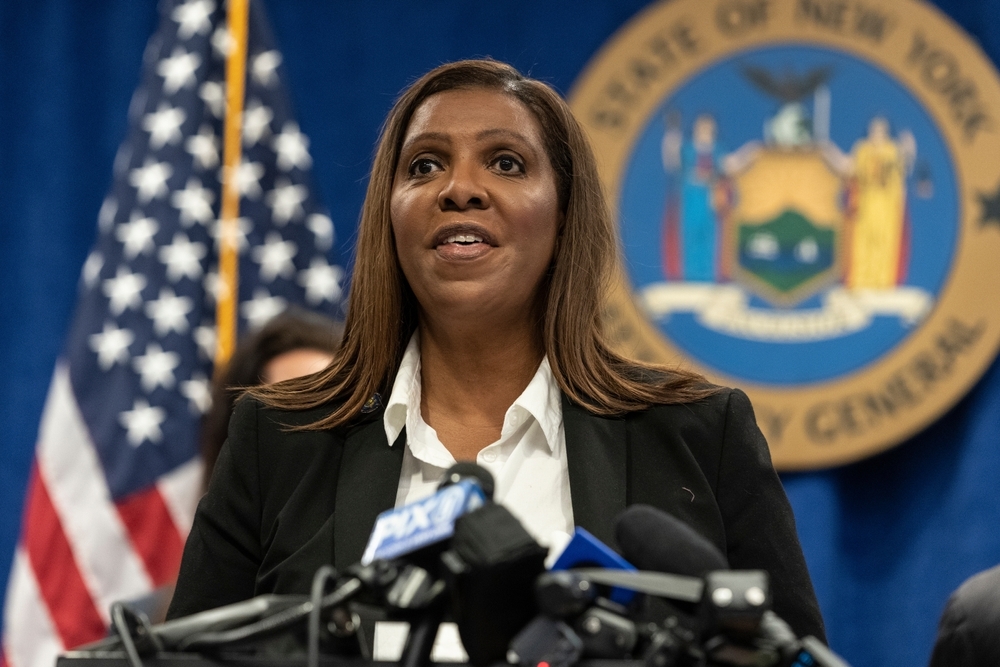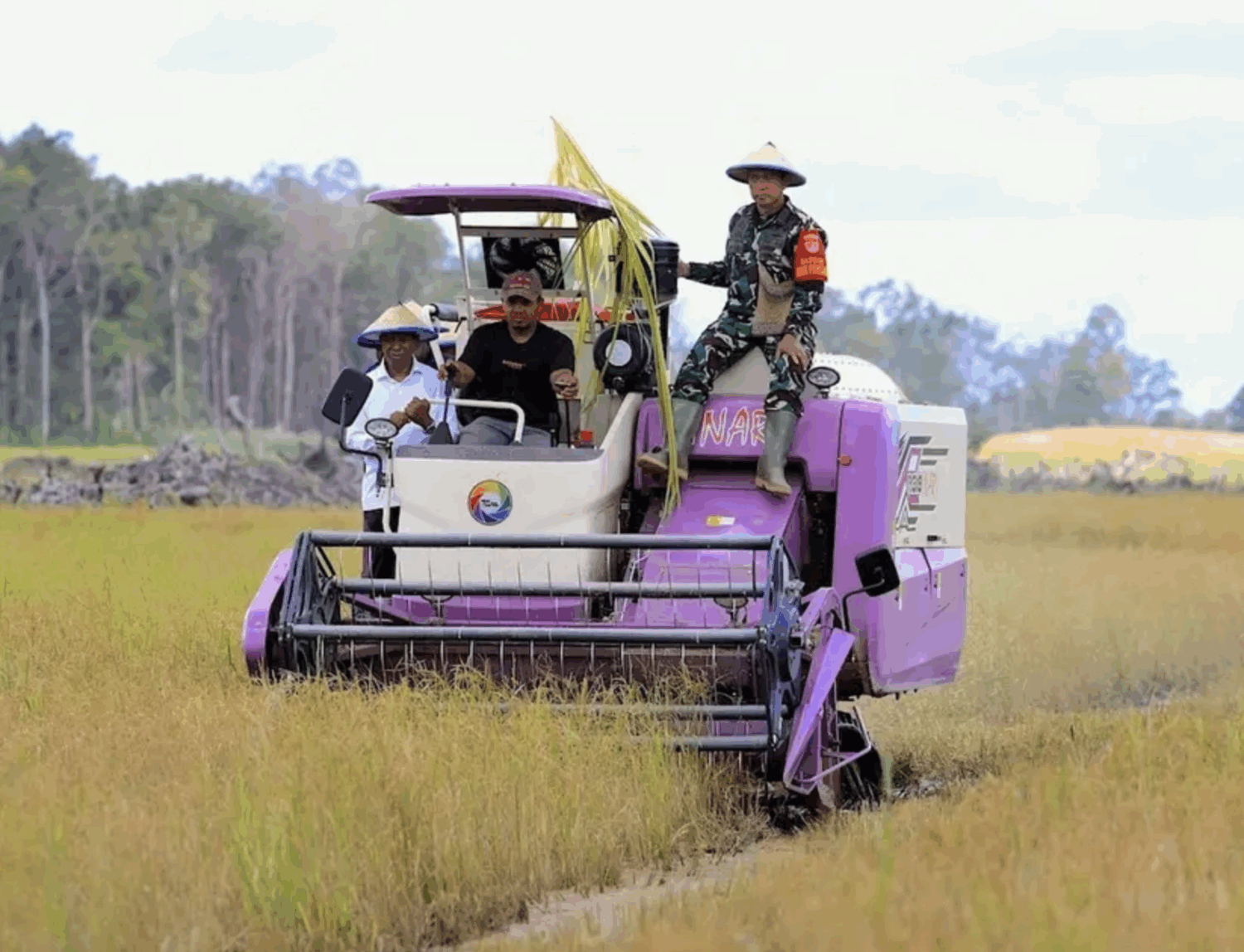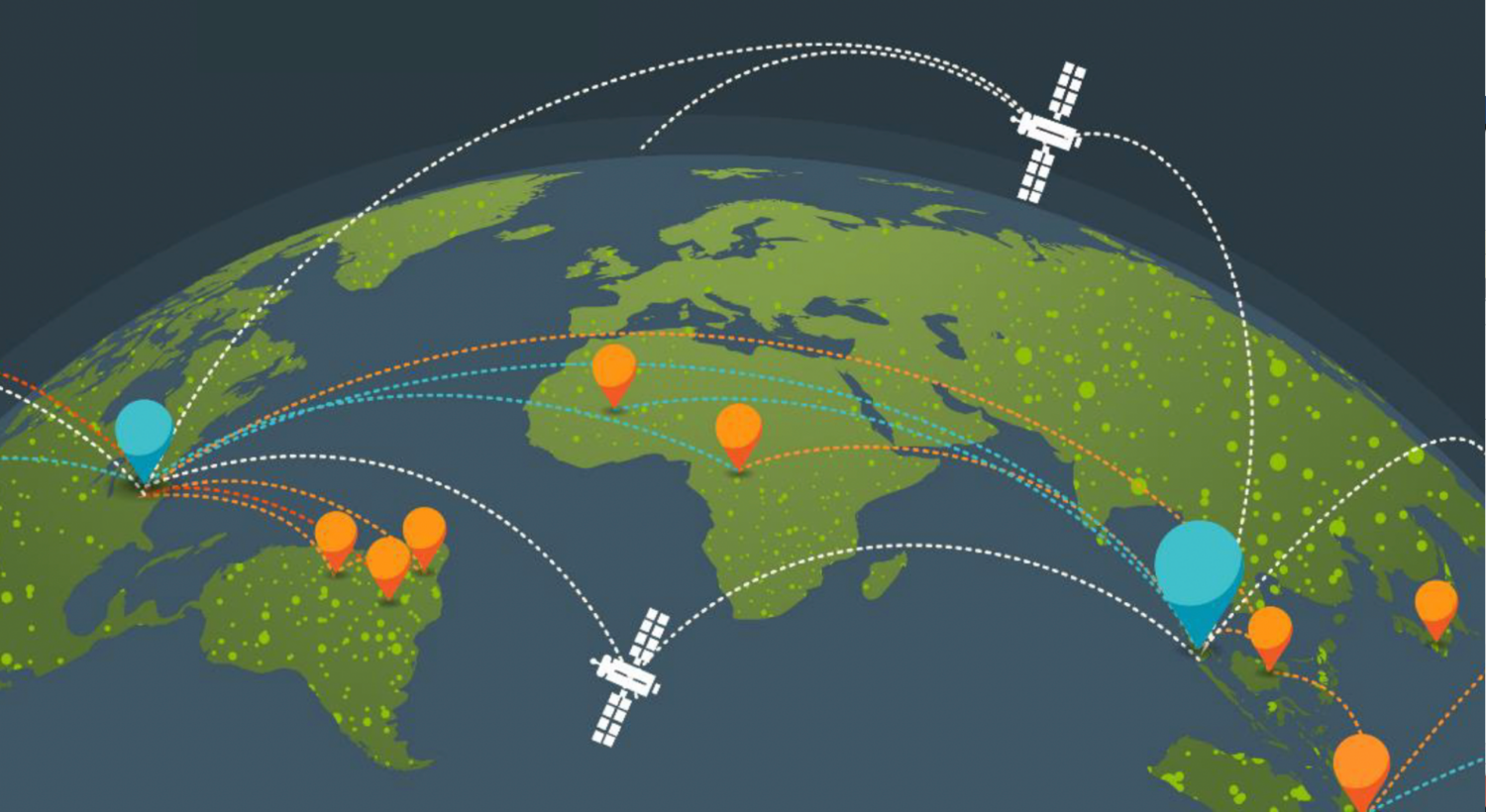
BREAKTHROUGH: Supermarkets Pledge to Cease Purchases Tied to Deforestation
Major Breakthrough in Meat Sustainability as Supermarkets Pledge to Cease Purchases Tied to Deforestation
As the world’s eyes look to Glasgow for climate action, huge change may be coming right in the meat aisle. Leading British and European supermarket chains representing more than 50,000 supermarkets around the world earlier this month sent a clear and unprecedented message to the meat companies responsible for enormous deforestation: change the way you do business, or you’re cut off.
The companies pledged not to purchase meat or dairy raised on soy animal feed sold by companies connected to deforestation that occurred after August, 2020. Europe imports typically imports more than 30 million metric tons of soybeans and soymeal every year, primarily for animal feed. This soy has caused more deforestation than any other commodity imported into the EU and UK from 2005-2017.
The supermarket chains that are part of the commitment are members of the Retail Soy Group – Aldi South, Aldi Nord, Ahold Delhaize, Coop, ASDA, Waitrose, M&S, Sainsbury’s, Lidl, Migros, and Woolworth’s. These chains also are looking at ways to reduce consumption of meat altogether by increasing sales of plant-based and other sustainable proteins.
Now the question becomes whether this coalition of some of the world’s largest retailers will actually implement this commitment, or try to pull a bait and switch on their customers.
What Happened
On October 5th, the Retail Soy Group laid out a new industry road map to stop industrial deforestation driven by growing soy for animal feed. The Group represents major commercial chains like Ahold Delhaize, Aldi South, Aldi North, Asda, Co-op (UK and Switzerland), Lidl, Marks & Spencer, Migros, Morrisons, Sainsbury’s, Tesco and Waitrose & Partners – which taken together operate nearly 50,000 supermarkets, provide jobs for hundreds of thousands of employees, and bring in revenue worth hundreds of billions of dollars.
This commitment is the first of its kind at this scale, and could be a huge deal for forests and for the planet. That’s because enormous swaths of land in Latin America are destroyed to grow the soybeans used to feed chickens, pigs and cows.
70 percent of this destruction is concentrated in just one critical biome – the Cerrado in Brazil – which holds some 5 percent of the world’s biodiversity and some 13.7 billion tons of carbon dioxide in its immense root system. Half of the Cerrado – an area the size of France, Germany, Belgium and the Netherlands combined – has already been destroyed.
The Commitment Say the Right Things:
Right now the roadmap is just words on paper, but they’re the right words. Specifically, it says that:
- Retailers will cut-off agribusiness traders from lucrative markets within 14 months if they continue to buy animal feed from deforesters. Until now, traders like Cargill and Bunge have refused to agree to dicscontinue traders engaged in deforestation – but 50,000 supermarkets speak loudly.
- Retailers will impose a cut-off date of August 2020 after which they will not accept embedded soy from either legal or illegal conversation of native ecosystems. And, they will cascade these requirements to their direct and indirect suppliers while imposing clauses in supplier contracts.
- Retailers will apply these stipulations at the group level, which means suppliers won’t be able to sell ‘clean supply’ in one part of their supply chain while continuing to support deforestation in another.
- Retailers will create strategies that acknowledge reducing dependence on soy means finding pathways to alternative proteins, meat reduction and non-soy animal feed.
- Critically, the road map finally turns its back on achieving deforestation-free supply chains through certification, credits or offsets– no deforestation means no deforestation.
But Does it Matter?
If the commitments are actually implemented, and if they’re more than just words on paper. We think three tests will tell the tale:
- First: Will supermarket companies embed these principles and stipulations in supplier contracts? Up to now, asking nicely has proven futile – last year, over 160 retailers wrote a letter to large traders in Brazil asking them to accept the principle of a cut-off date and transparency, but the traders defied them. Instead, we need commercial action – backed up by robust monitoring and evaluation – to actually force change by rewarding clean suppliers at a group level and sanctioning others until they clean up, too. These kind of efforts have been so successful that deforestation for palm oil has been reduced more than 90% in Southeast Asia.
- Second: How seriously will supermarket companies handle non-compliance? The roadmap acknowledges the need for commercial penalties, hut also stipulates that buyers should engage and support the supplier to come up with a time-bound plan to address the problem. This sounds solutions-oriented, but in fact our experience shows that companies can become trapped in an endless cycle of engagement over non-compliance that doesn’t bring real change. The Retail Soy Group members need to be crystal clear that non-compliance with the cut-off date, transparency and group-level responsibility principles will result in commercial consequences – such as suspension of contracts or dropping of volumes. This too is easier if these stipulations are written right into the contracts.
- Third: Will supermarket companies get serious about alternative proteins? Less meat consumption reduces demand for industrial animal feed and therefore reduces pressure on land. Any genuine strategy from retailers which aims to end deforestation must include offering consumers better choices. That can include giving more shelf space to vegetables, fruit and plant proteins and setting meat and dairy reduction targets, and increasing the share of plant-based food in the average shopping basket.
Mighty Earth will be watching closely and applying these three tests as the Retail Soy Group moves forward with its roadmap. If taken seriously, this could mark a transformative moment for global agribusiness – and global forests.


